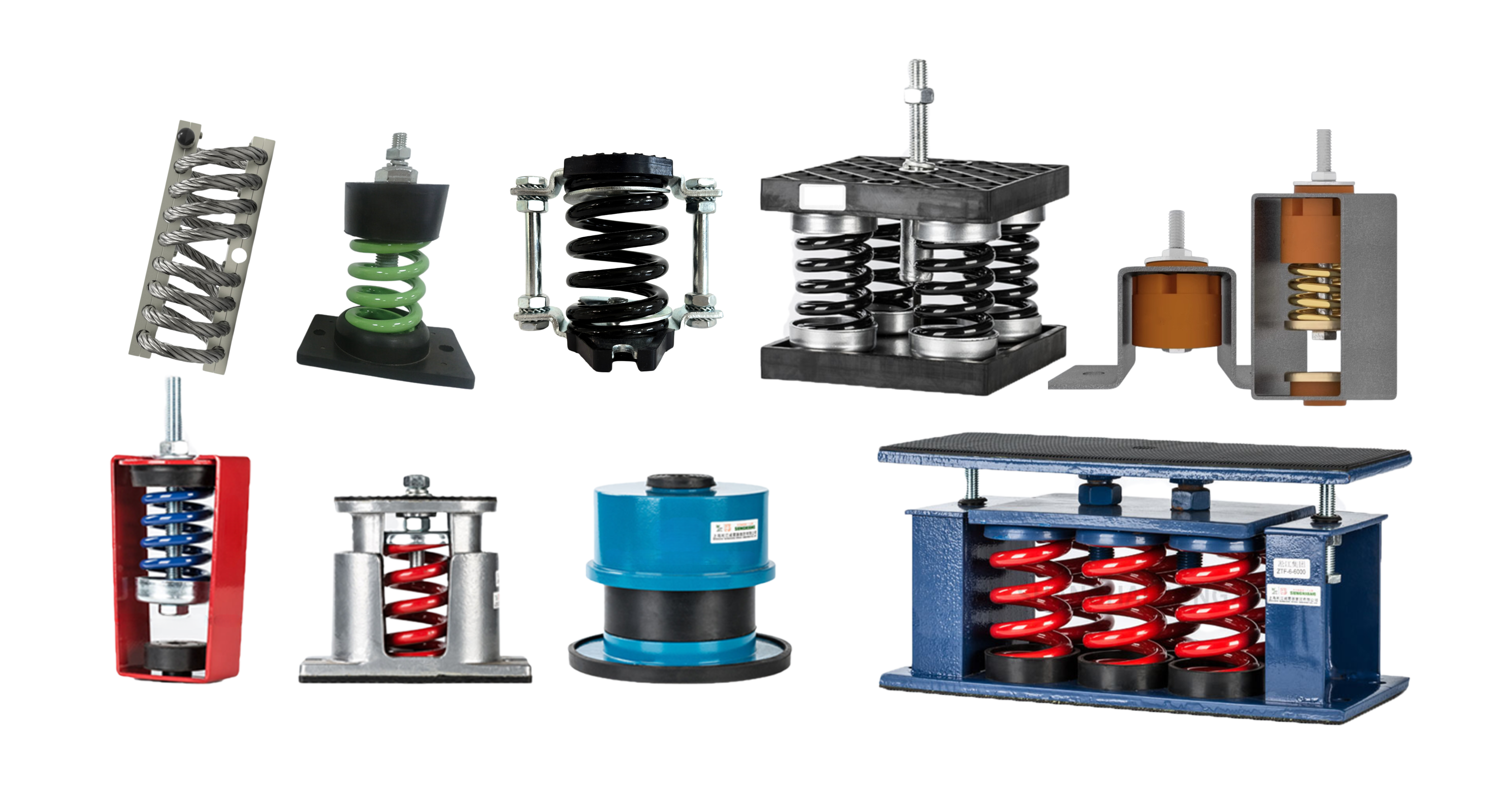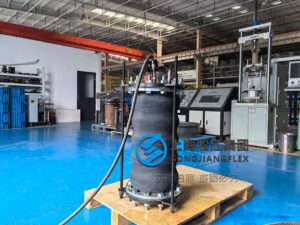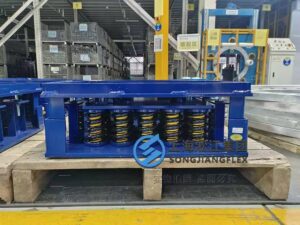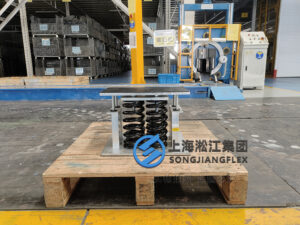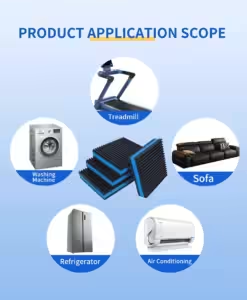Industrial equipment often generates intense vibrations that affect stability and service life. Without proper isolation, these vibrations can lead to costly maintenance and structural damage. Choosing the right vibration isolator is the key solution.
A vibration isolator is a device designed to reduce vibration and noise during equipment operation. It plays a vital role in protecting mechanical structures and enhancing operational stability across various applications such as HVAC, manufacturing, and energy systems.
To identify the best isolator, we will explore different types, working principles, selection criteria, and typical industrial applications.
What is a vibration isolator and how does it work?
A vibration isolator is installed between the equipment and its foundation or frame. It reduces the amount of vibration transmitted by absorbing and dissipating mechanical energy through materials such as rubber, springs, air, or metal cables.
It plays a crucial role in stabilizing equipment, improving safety, and reducing noise. By converting vibrational energy into heat or elastic deformation, it prevents damage and increases comfort and reliability.
Related content: Common types include spring vibration isolators, rubber damper vibration isolators, air spring vibration isolators, and wire rope vibration isolators.
What are the types of vibration isolators?
There are four main types:
-
Spring vibration isolators: For high loads and low-frequency vibration
-
Rubber damper vibration isolators: For light to medium loads
-
Air spring vibration isolators: Ideal for precision equipment
-
Wire rope vibration isolators: Suitable for shock absorption and extreme conditions
Each type uses a different method to reduce vibration: springs rely on elasticity, rubber on shear deformation, air springs on internal air pressure, and wire ropes on multi-directional flexibility.
Related content: Selection should be based on weight, vibration frequency, space limitations, and environmental conditions.
What is the difference between a vibration absorber and a vibration isolator?
Though often used interchangeably, they serve different purposes:
-
A vibration isolator blocks vibration from being transmitted.
-
A vibration absorber is designed to cancel specific vibration frequencies.
In other words, isolators focus on prevention, while absorbers work on active control. The two are sometimes used together for optimal vibration management in large equipment.
Related content: A generator set may use both – isolators for mounting, and dynamic absorbers for tuning resonance.
How to choose the right vibration isolator?
Key factors include:
-
Load capacity
-
Operating frequency
-
Vibration direction (vertical/horizontal)
-
Mounting space
-
Ambient conditions (humidity, temperature)
-
Seismic or shock resistance
For high-frequency equipment, rubber isolators are suitable. For low-frequency, large-scale vibration, spring or air spring isolators are better. For earthquake-prone areas, anti-seismic spring isolators with limit stops are ideal.
Related content: For professional assistance, manufacturers like Songjiangflex offer free design and consultation services tailored to your equipment.
What are the advantages of spring vibration isolators?
Spring vibration isolators are highly versatile. They offer:
-
Wide load range
-
Adjustable height
-
Simple structure
-
Good low-frequency isolation
-
Long service life
-
Easy maintenance
They are especially effective for large HVAC units, chillers, compressors, and heavy machinery. Many models also include seismic restraints for safety in high-rise buildings or seismic zones.
Related content: The FLS adjustable spring vibration isolator is widely used in HVAC systems and generator sets, offering stable performance and strong vibration isolation.
Where are industrial vibration isolators commonly used?
They are used in:
-
Air compressors
-
Chillers
-
Fans and blowers
-
Diesel generators
-
Water pumps
-
CNC machines
-
Testing and lab equipment
-
Precision manufacturing
Spring isolators are perfect for heavy-duty machinery. Rubber dampers are better for space-constrained setups. Air spring isolators work best for high-precision environments. Wire rope isolators are ideal for rugged military or marine equipment.
Related content: Shanghai Songjiang Vibration Absorber Co., Ltd. offers complete vibration isolation solutions with custom engineering support.
Summary
Choosing the right vibration isolator enhances the performance and longevity of industrial equipment. Evaluate your needs and choose accordingly.

